DEADLINE IMMINENT FOR EXTENDED DOMESTIC SMOKE AND CARBON MONOXIDE ALARM REGULATIONS!!
Landlords and agents will need to follow the new rules for smoke and carbon monoxide alarms in England from 1 October 2022.
Landlords and agents have limited time remaining to prepare for changes to the regulations on carbon monoxide and smoke alarms, which will come into force on 1 October 2022 in England. These amendments aim to "bring parity" between the social and private sectors "in respect of safety".
What will change under the The Smoke and Carbon Monoxide Alarm (Amendment) Regulations 2022?
A review of the regulations in 2018 found that the existing regulations for the private sector had had “a positive impact on the number of alarms installed” and suggested the regulations should be expanded to cover both the private and social rented sector.
According to the National Housing Federation, the majority of social housing associations (95%) already comply with the regulations. The new regulations therefore amend the Smoke and Carbon Monoxide Alarm (England) Regulations 2015, to extend some of the rules currently in place, and ensure that they also apply to social housing providers.
What new rules will landlords and agents need to follow?
The amendment will apply in England - yet similar requirements will come into force in Wales on 1 December 2022 under the Renting Homes (Wales) Act 2016.
From 1 October in England, landlords will need to:
- Ensure at least one smoke alarm is installed on each storey where there's a room used as living accommodation - already a legal requirement in the private sector, but now extended to the social housing sector too.
- Ensure a carbon monoxide alarm is installed in any room classed as "living accommodation" with a fixed combustion appliance, excluding gas cookers.
- Repair or replace any faulty smoke or carbon monoxide alarms if a tenant informs the landlord or agent that there's an issue.
Landlords and agents are also advised to consider these regulations alongside other relevant safety laws, such as the Housing Act 2004, the Fire Safety Act 2021 and the Building Safety Act 2022.
What type of alarm will need to be installed?
It's not stated in the regulations that alarms need to be hardwired into the building, according to the guidance. Smoke alarms should, however, comply with British Standards BS 5839-6, while carbon monoxide alarms should comply with British Standards BS 50291.
Landlords and agents are also advised to use alarms with "sealed for life" batteries rather than alarms with replaceable batteries, where possible.
Who's responsible for testing the alarms?
Landlords and agents will need to ensure that the alarms are checked and are in full working order on the day the tenancy begins if it is a new tenancy the landlord or agent will also need to keep proof of this check.Tenants are advised to replace batteries where necessary. However, if the alarm still doesn't work after doing so, they should let their landlord or agent know.
Every time you do an inventory, you should be checking [the alarms],by going and pressing the button, to see if it works.
Where should the alarms be located?
Alongside the rules on which rooms and stories require the alarms, as defined above, the guidance highlights that the regulations don't state where the alarms should be installed. However, it outlines that, "in general", smoke alarms should be "fixed to the ceiling in a circulation space", such as halls or landings.Similarly, it advises that carbon monoxide alarms should be positioned at head height, either on a wall or shelf, approximately 1-3 metres away from a potential source of carbon monoxide.
What's the penalty for non-compliance?
Local authorities will be given the authority to enforce these regulations, with fines of up to £5,000 for any landlords that don't "comply with a remedial notice".
What is "living accommodation"?
The government defines a room as "living accommodation" if its "primary purpose" is living, or if it's a room "in which a person spends a significant amount of time".
What's a "fixed combustion device"?
The guidance defines a fixed combustion device as "a fixed apparatus where fuel of any type is burned to generate heat". These could be powered by gas, oil, coal, or wood, for example - however, a "purely decorative fireplace" would not fit the definition.
Gas cookers are dealt with under separate legislation, so if you have got a kitchen with a gas boiler, you will need a co alarm. If you have got a kitchen with no boiler at all but a gas cooker - although you've got combustion in the kitchen - you don't need a carbon monoxide alarm because gas cookers are under a different legislation.


Share this with
Email
Facebook
Messenger
Twitter
Pinterest
LinkedIn
Copy this link